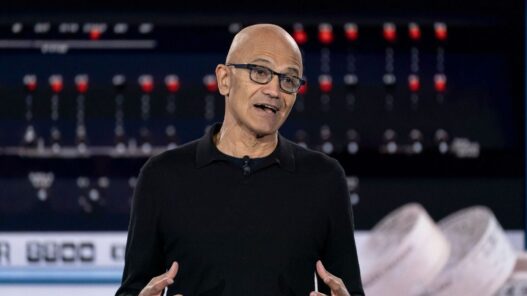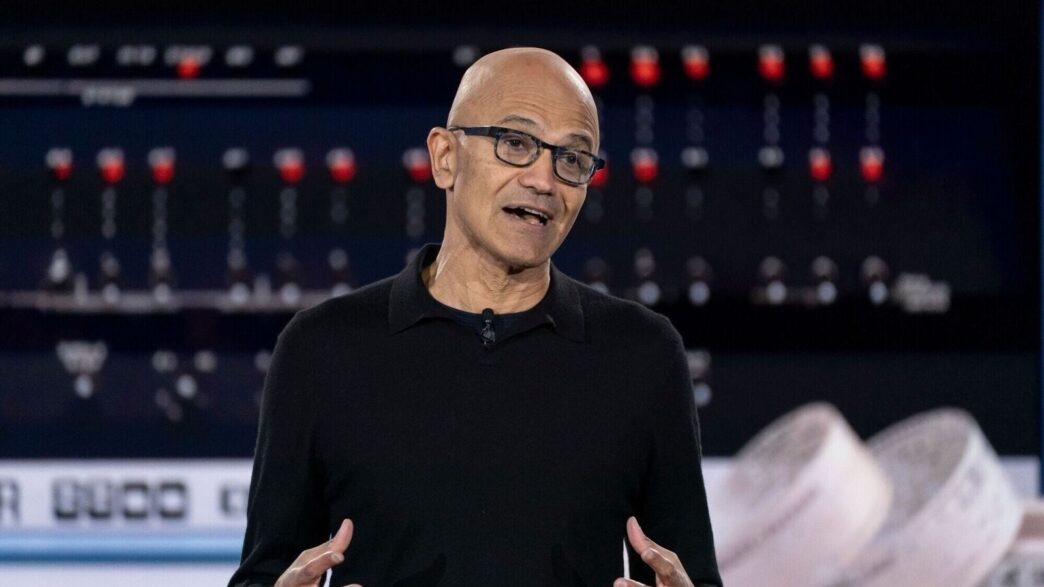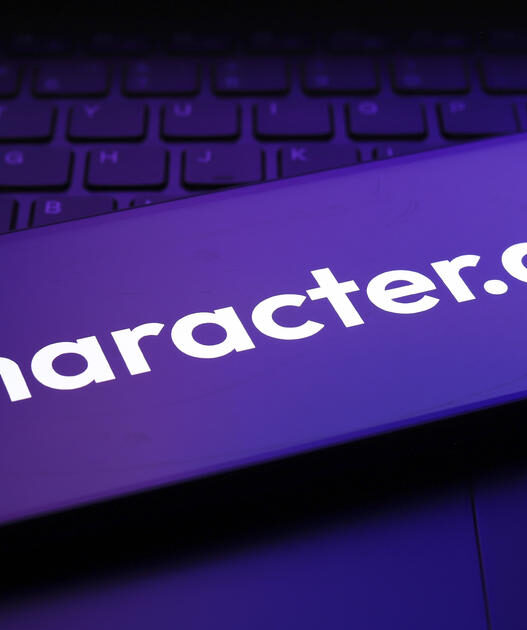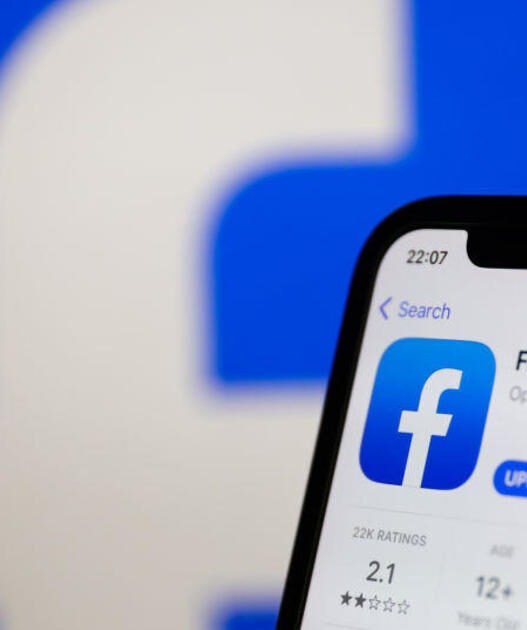Satya Nadella, CEO and Chairman of Microsoft, has announced the launch of DxGPT, a new AI-powered tool designed to help healthcare professionals with diagnosis, treatment planning, and patient care.
According to Microsoft, the tool is expected to improve the way doctors and healthcare workers manage patients by making the process of diagnosing and planning treatments more efficient and accurate.
What is DxGPT and how it works
As per a blog post from Microsoft, DxGPT is an advanced AI system that helps doctors and medical staff make better decisions by providing support with diagnosing illnesses and suggesting treatment options. The tool uses large amounts of medical data and advanced technology to help healthcare workers assess symptoms, understand patient histories, and suggest possible diagnoses. It is meant to work alongside doctors, not replace them, making it easier for medical professionals to make informed decisions.
The project was created by Isla, a father whose personal experiences with his child’s medical needs inspired him to develop this tool. Isla has worked hard to create a solution that helps both patients and families dealing with complex medical issues.
Support from Microsoft
Microsoft has played an important role in the development of DxGPT. The company has provided the team with technology and advice on meeting healthcare regulations. Microsoft has also given the foundation an annual allocation of Azure services, which has helped the team scale and improve the tool.
Plans for the future
Now that DxGPT is live, Isla and his team have plans to expand its use. Their first goal is to introduce it to more healthcare systems across Europe. They also aim to make DxGPT available on Microsoft’s Azure Marketplace, allowing healthcare providers around the world to access and use the tool in their practices. This would make it easier for doctors and medical professionals globally to take advantage of AI-driven support for diagnosis.
Story behind DxGPT
The creation of DxGPT is deeply personal for Isla. His son, Sergio, who is now 16, cannot speak and requires constant care due to his medical condition. Although Sergio may not fully understand his father’s work, Isla’s motivation to develop this tool comes from his own experiences as a parent facing difficult medical challenges.
“We have turned a personal problem into something that can help others,” said Isla. “It fills you with satisfaction. Being able to do something for others is rewarding.”
DxGPT is now available for use in healthcare, and Isla’s work is helping families facing similar struggles. The tool’s future depends on how widely it is adopted and the impact it has on healthcare practices around the world.












